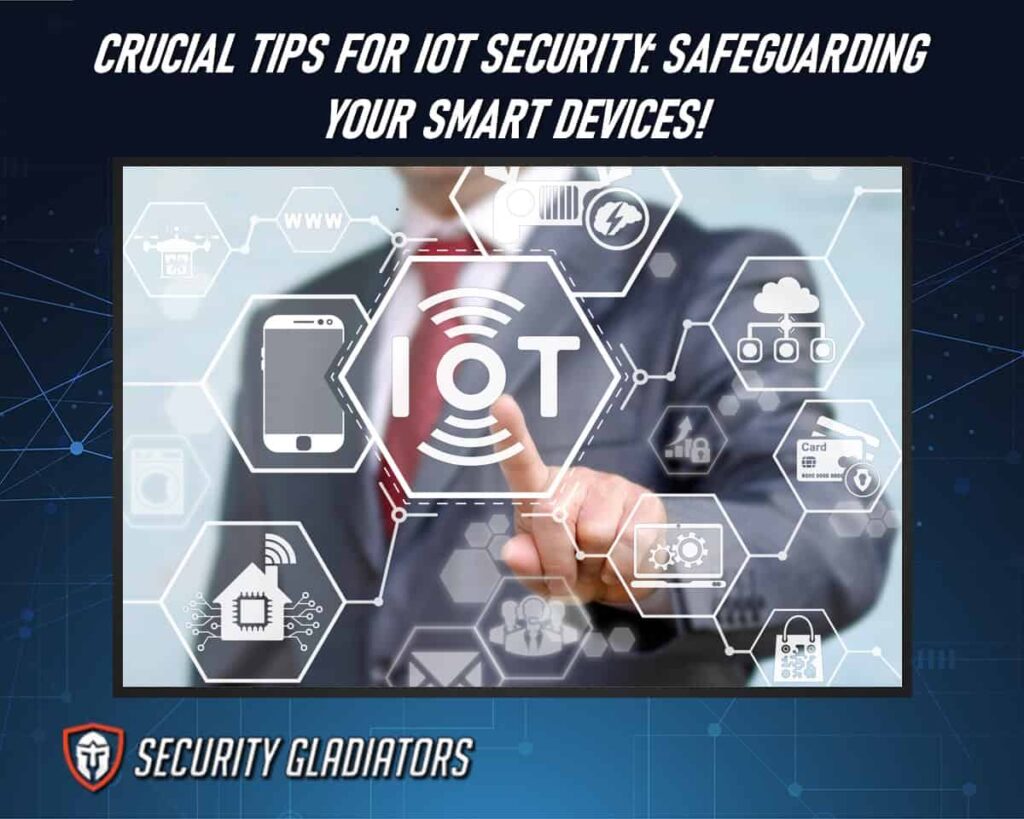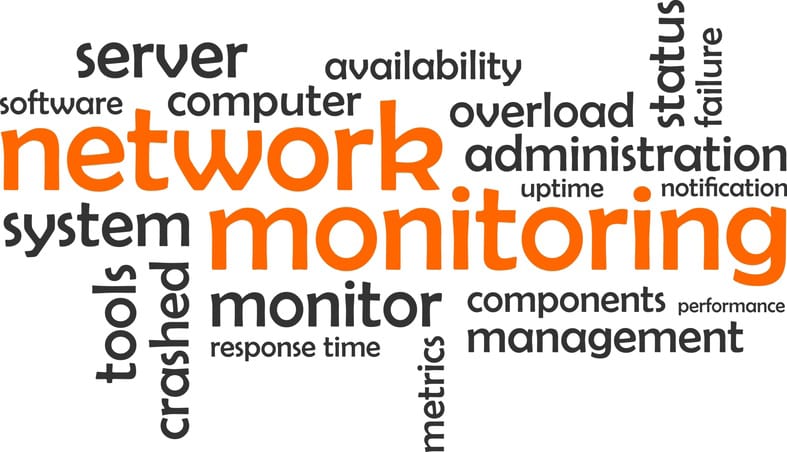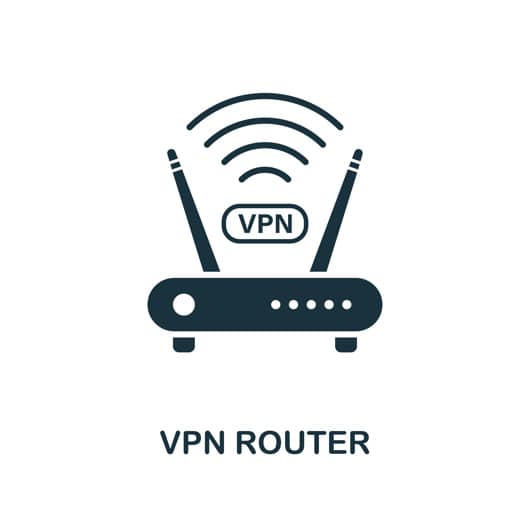
Table of Contents
What Is IoT Security
IoT security involves implementing measures to safeguard Internet of Things devices and networks from unauthorized access, data breaches, and cyber threats. It encompasses the protection of both the physical devices and the data they generate, emphasizing encryption, authentication, and secure communication protocols to ensure the integrity and privacy of IoT ecosystems.
What Are the Security Challenges Posed by IoT Devices?
When it comes to IoT security, there are various security challenges that arise with smart devices and require careful safeguarding. They include:

Inadequate Device Security
Many IoT devices lack robust security features, making them vulnerable to cyber threats. The use of default passwords, unencrypted communications, and insufficient firmware updates can expose these devices to hacking attempts. Implementing a VPN router can help mitigate some security risks by encrypting the communication between IoT devices and the internet, enhancing overall network security.
Lack of Standardized Security Protocols
Secondly, the lack of standardized security protocols across different manufacturers poses a significant challenge as it creates vulnerabilities that can be exploited by attackers.
Network Vulnerabilities
IoT devices often communicate through wireless networks, introducing potential vulnerabilities such as eavesdropping and man-in-the-middle attacks. Weaknesses in Wi-Fi protocols or insufficient network segmentation can expose the entire IoT ecosystem to security threats.
Data Privacy Concerns
An IoT device often collects and transmits sensitive data, raising concerns about privacy breaches. Inadequate data encryption and storage practices may expose personal information to unauthorized access.
How VPN Routers Help Protect All IoT Devices Within a Home Network
With a VPN router, you can ensure that all the data transmitted between your smart devices and the internet is encrypted, making it nearly impossible for hackers to intercept or decipher. Not only that, but VPN routers also offer network monitoring tools that allow you to keep track of all the devices connected to your network and detect any suspicious activity. By using these tools, you can easily identify any unauthorized access attempts or unusual behavior from any of your IoT devices.

Additionally, VPN routers provide an extra layer of cybersecurity by allowing you to change default passwords on your smart devices. This is crucial as many IoT devices come with generic and easily guessable passwords, making them vulnerable to attacks. Another benefit of using a VPN router is network segmentation which allows you to separate different types of devices into different networks, limiting any potential damage caused by compromised IoT devices. Lastly, VPN routers also offer monitoring and anomaly detection features that help in identifying any abnormal behavior within your home network, enabling you to take immediate action before it’s too late.

When selecting the best VPNs for securing IoT devices within a home network to configure on a router, consider options such as ExpressVPN, NordVPN, CyberGhost, Private Internet Access (PIA), and Surfshark for comprehensive protection.
Frequently Asked Questions
Can IoT Devices Be Hacked Remotely?
Yes, IoT devices can be hacked remotely. Hackers can exploit vulnerabilities in the device’s software or use weak passwords to gain unauthorized access. It is crucial to take steps to secure your smart devices and protect your privacy.
What Are Some Common Vulnerabilities Found in IoT Devices?
Some common security vulnerabilities found in IoT devices include weak passwords, outdated software, lack of encryption, and insecure network connections. Protect your smart devices by addressing these vulnerabilities to enhance their security.
How Can I Ensure the Security of My Smart Home Devices?
To ensure the security of your smart home devices, regularly update their firmware and use strong, unique passwords. Additionally, enable two-factor authentication or multi-factor authentication whenever possible and consider using a separate network for your IoT devices.
What Are the Potential Consequences of a Security Breach on IoT Devices?
The potential consequences of a security breach on IoT devices include unauthorized access to personal information, compromised privacy, control over connected devices being hijacked, and disruption of critical services. Protect your smart devices now!
Conclusion
Taking proactive steps towards securing your IoT devices is essential for protecting yourself against potential cyber threats. By understanding the importance of IoT security measures and utilizing tools like VPN routers, you can create a safer environment for all your smart devices within your home network.

